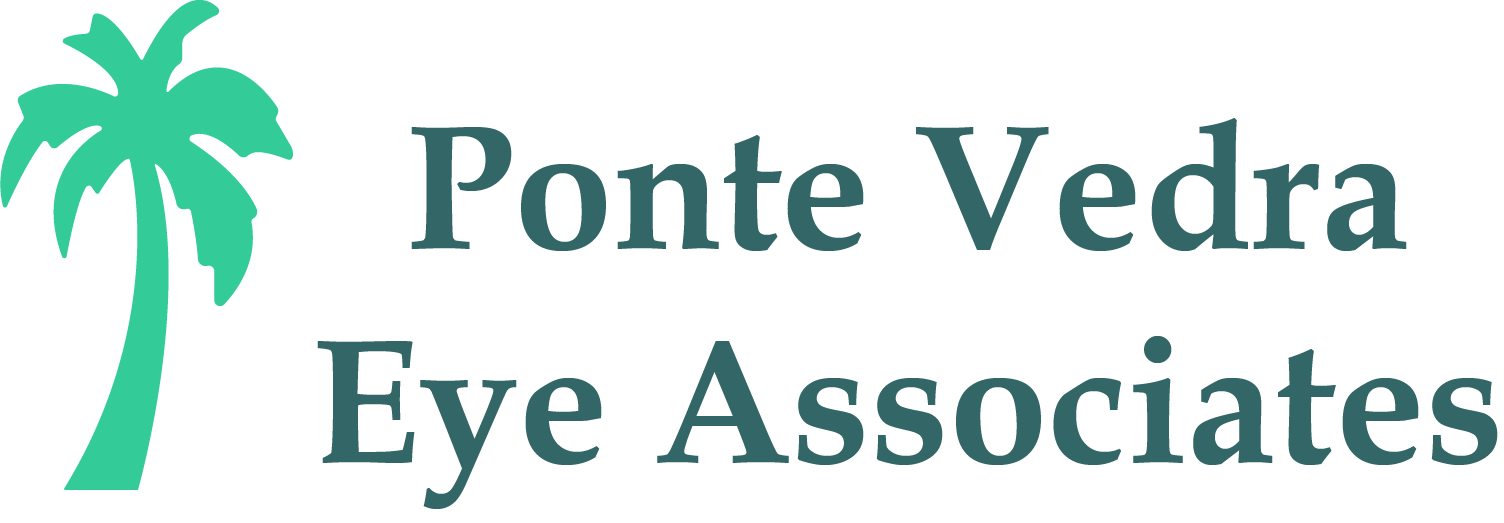
As July heralds the approach of a new school year, the focus on children’s health intensifies, with eye health playing a pivotal role. At Ponte Vedra Eye Associates, we understand that vision is not just about seeing clearly. It's about learning effectively and interacting positively.
Poor vision can profoundly affect a child's classroom behavior and academic performance. This blog explores how comprehensive eye exams can prevent these issues to set your child up for success.
The Link Between Vision and Learning
Vision problems in children are often mistaken for other behavioral or learning issues. A child struggling to see the board or read a book might become frustrated or disinterested, manifesting as inattention or disruptive behavior. These misinterpreted signals can lead to misdiagnoses of learning disabilities or behavioral problems when the root cause is visual impairment.
The Shortcomings of Vision Screenings
Often, parents rely on school-provided vision screenings to assess their child's eye health. These screenings are valuable for identifying some vision problems. However, they are not as comprehensive as a full eye exam conducted by an eye care professional.
Screenings typically focus on checking visual acuity. They identify major vision issues but can miss subtler problems such as astigmatism, mild myopia, or the early stages of eye diseases. Screenings also do not evaluate how well the eyes work together. This is crucial for reading and other academic activities.
Comprehensive Eye Exams: A Deeper Look
A comprehensive eye exam goes beyond basic screening. At Ponte Vedra Eye Associates, our exams evaluate all aspects of eye health and vision:
- Eye Health Evaluation: We check for signs of eye disease and other problems that could lead to vision loss.
- Vision Testing: We assess both near and distance vision to identify any refractive errors that need correction.
- Binocular Vision Skills: These are important for judging distances and understanding spatial relationships and are essential in a classroom setting.
- Focusing Ability: This includes how well the eyes adjust between seeing at a distance and up close. Focusing is a key factor in a child’s ability to maintain attention on work at their desk or on the board.
The Consequences of Undiagnosed Vision Problems
Children with undiagnosed vision problems can experience a range of issues that affect their educational and social development:
- Poor Academic Performance: Difficulty seeing clearly can lead to poor understanding and execution of assignments, lower grades, and increased frustration with schoolwork.
- Behavioral Issues: Misunderstood vision problems can lead to behavioral outbursts and inattention in class. Children may also withdraw from social interactions as they struggle to cope with these challenges.
- Physical Symptoms: Eye strain, headaches, and fatigue can all result from untreated vision issues, further detracting from learning and school activities.
Signs Your Child May Need an Eye Exam
Parents and teachers need to recognize the signs that may suggest a vision problem:
- Frequent eye rubbing or squinting
- Avoiding reading or distant viewing
- Short attention span for visual tasks
- Turning the head or covering one eye to see better
- Dropping in academic performance or changes in behavior
Detecting Vision Problems Early
Early detection and treatment of vision problems through comprehensive eye exams are key to avoiding long-term issues. By ensuring your child receives regular eye exams, you can catch and correct vision problems before they impact classroom behavior and performance.
Prioritize Your Child’s Vision
As the school year begins, ensure your child is fully prepared with a comprehensive eye check-up. At Ponte Vedra Eye Associates, we aim to provide thorough eye exams to help every child achieve their best in the classroom and beyond.
Contact our team in Ponte Vedra Beach to request an eye exam for your child. Let’s ensure that poor vision does not hinder a successful and happy school year.
